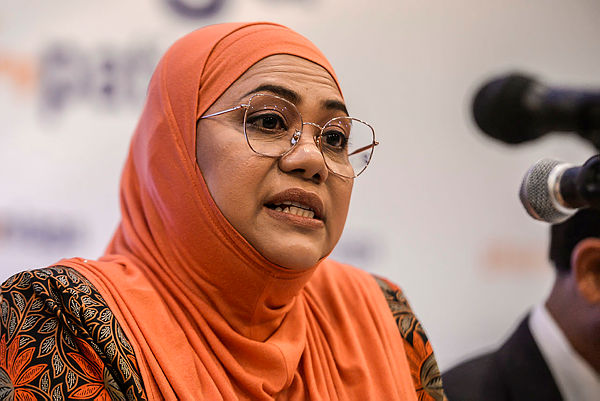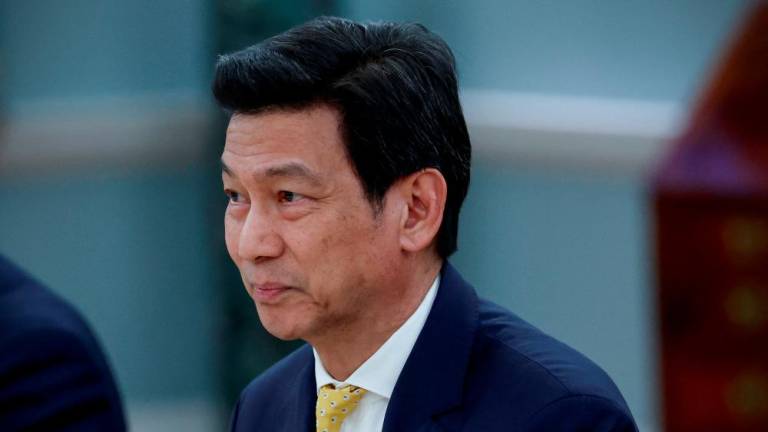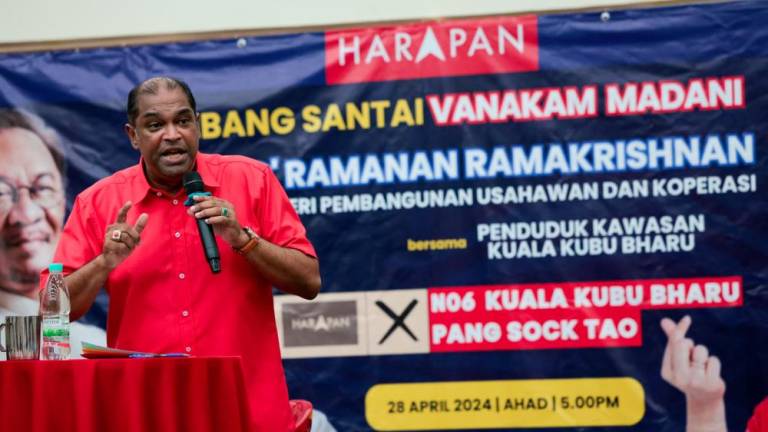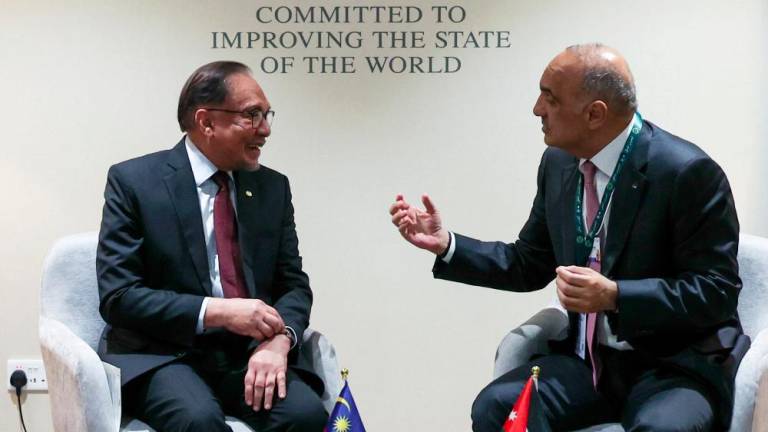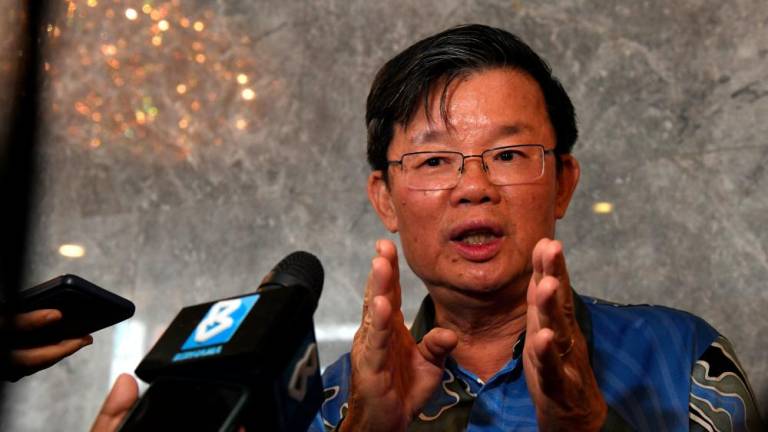PETALING JAYA: Pharmaniaga Bhd has rubbished claims of it monopolising pharmaceutical supplies to government hospitals. It is confident of securing the renewal of its concession agreement.
Speaking at a media briefing after the group’s AGM today, managing director Datuk Farshila Emran (pix) said it is strictly inaccurate to say that Pharmaniaga is in a monopoly business as only 33% of its concession comes from the Ministry of Health, which contributes 53% to total revenue.
Pharmaniaga has a 10-year concession agreement with the government which is slated to end in November 2019. It has recently come under scrutiny by the cabinet committee on market monopolies.
Despite that, she believes that its concession agreement will be renewed due to its sterling track record in meeting the key performance indicator (KPI) set by the government.
Meanwhile, Pharmaniaga has budgeted a much higher capital expenditure (capex) of RM174 million this year compared with RM30 million spent in 2018.
Going forward, the group is planning to develop oncology product and vaccines, among others.
“Our plan is to have a commercial batch of oncology product in 2021-2023. As for vaccine, the goal is to have all the vaccines required in Malaysia in five years.”
Farshila also revealed that some 250 products are set to be launched in the next five years as well as a planned venture into phytomedicine considering Malaysians’ fondness for alternative medicine.
To differentiate from the competitors, she said the group will be conducting clinical trials for its products. For one, its Kacip Fatimah product is currently awaiting clinical trials and the pre-clinical trial results have been promising, she noted.
Overall, Pharmaniaga is optimistic about its prospects after having recorded a net profit of RM43.2 million last year, 21.6% lower than the RM55.1 million achieved in 2017.
However, its CFO Norai’ni Mohamed Ali said the group is hoping to pare down its gearing ratio this year by reducing financing cost and borrowings.
Its gearing ratio rose to 1.8 times in 2018 from 0.8 times in 2017, due to the difficulties faced with the government’s electronic procurement system, e-perolehan.



